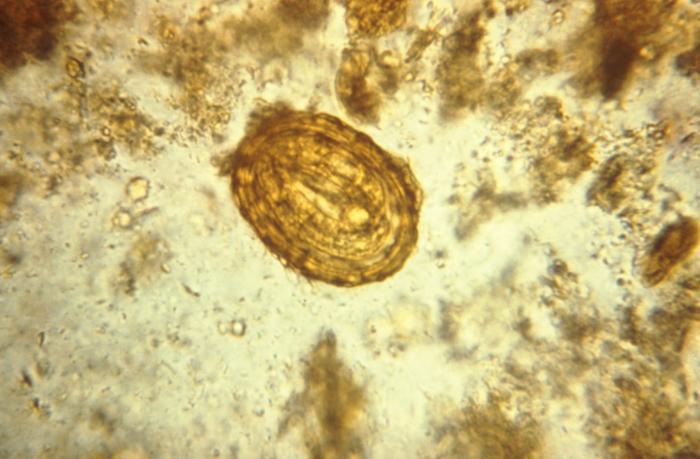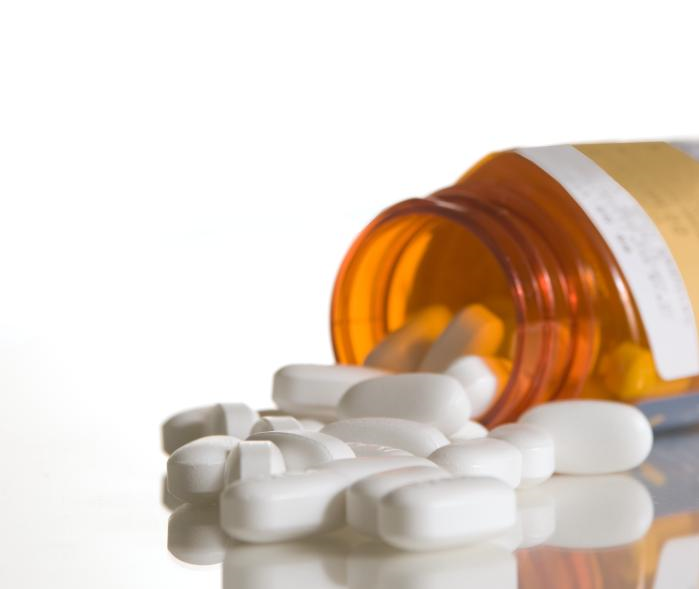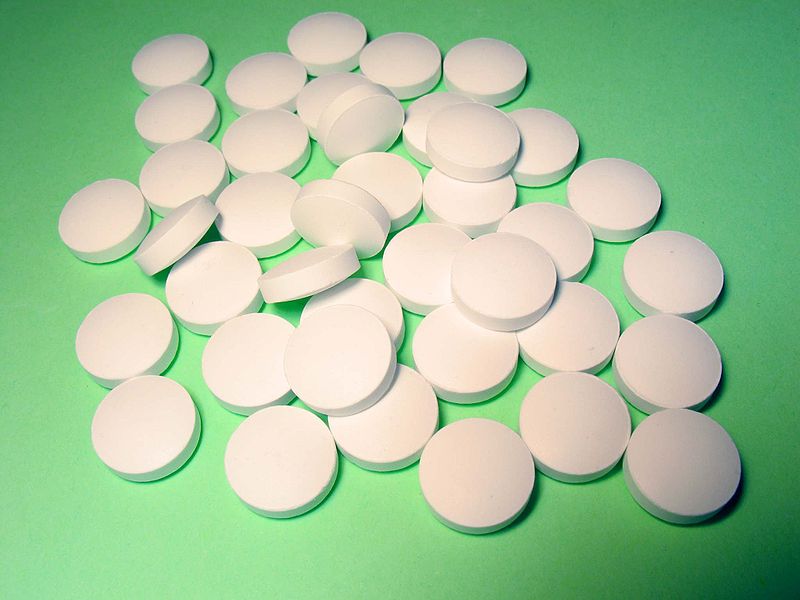The clinical uses of antidepressants include the following:
1. Depression
Mild to moderate. Normally advised psychotherapy, cognitive, behavior therapy. If depression is more, advised antidepressants.
If acute therapy is required, effects of antidepressants are not seen for 1-2 months. A trial of 2-3 months has to be given. If no effects appear after 3 months, doctor may switch to another one or a combination. After patient is stabilized, treatment is given for at least 6-12 months. If not given for long period, there are higher chances especially of relapse. At times recurrences of attacks are seen in sensitive patients.
Maintenance therapy is prescribed for longer duration. Studies have not been done for more than 5 years.
In some forms of bipolar disorders, antidepressant use is controversial. In this type, if antidepressant is taken, patient may go into mania. Its better to give mood stabilizing agent.
Choice of antidepressant depends on severity of disease and patient’s profile.
2. Anxiety disorders
Most commonly clinically significant are:
- traumatic stress,
- OCD –strong urge to do something repeatedly
- generalized anxiety disorders –chronic state anxiety, even without existing cause
- panic disorder -patient avoids situations he may feel might go into panic
- social anxiety disorder –patient avoids social interaction
most commonly SSRI or SNRI and benzodiazepines are given. Benzodiazepines are usually the first line of treatment, as acute relief of symptoms occurs, but for longer term treatment tolerance and dependence occurs so SSRI and SNRI are drugs of choice.
In OCD along with these Chlorpromazine is prescribed
In social anxiety Venlafaxine is found to be effective.
3. Pain disorders
Ascending cortical pathways involving monoamines, responsible for some role in analgesia. Antidepressants have analgesic property in addition. Given in chronic pain associated with depression.
Antidepressants are not given in normal routine as painful, non-responding debilitating pain known as neuropathic pain of DM, post hepatic neuralgic pain, trigeminal neuralgia, chronic backache. Most commonly TCAs and SNRI are used.
Duloxetine is well known for this condition.
4. For premenstrual dysphoric disorders
Becomes irritable and change in mood occurs, which is usually mild. In some, troublesome signs, symptoms appear like fatigue, irritability, depression, seen in 2nd half of menstrual cycle (luteal phase), related somewhat to increased levels of progesterone.
SSRI – Fluoxetine has been used successfully, used either continuously or for these two weeks of luteal phase. Both ways equally effective.
5. Smoking cessation
Bupropion, has different mechanisms:
- Nicotine like action, norepinephrine, dopamine
- Antagonistic effect on nicotinic receptors.
Nicotine has antidepressant property, substitute for nicotine. As effective as transdermal nicotine patch. Other drug is nortiptyaline.
6. Eating disorder
Antidepressants are also used. In Bulimia nervosa, patient takes food in large quantity followed by voluntary purging of food either by emesis or laxatives or others. most common complication is hypokalemia. Patient loses weight.
Drug used is Fluoxetine.
In obesity, patient has habit of taking lot of food, in these Bupropion has been tried to decrease urge of feeding.
Anorexia nervosa –patient does not eat, feeling being fat having distorted image of own self. Antidepressants are of no use, only psychotherapy, refeeding and behavior therapy is required.
7. Miscellaneous
a. Enuresis –children night bed wetting
TCA are given, Impaprazine, advantage is that also has anticholinergic property. Bladder control is improved. It has less sedating effects, child wakes up easily.
b. For urinary stress and incontinence duloxetine is prescribed
c. Vasomotor symptoms –premenopausal, menopausal if troublesome, antidepressants can be given SNRI Venlafaxine, nefazadone. As SSRI delay sexual functions, they are given in certain sexual dysfunctions like premature ejaculation. Chronic use depends on patient’s profile, age, gender, and existing diseases. Also on drug tolerability and toxicity profile. It has been clinically proven that the action of Priligy provided effective treatment of premature ejaculation in men over 18 years of age. Due to the fact that special substances contained in the tablets block specific brain receptors, duration of sexual intercourse and delay in ejaculation increases by 3 or more times. Unlike other similar drugs, whose effect starts 2 weeks after the first use, Dapoxetine starts acting since the first intake.
Economical factors –cost effective, given as have to take for longer period of time
Specific Clinical Uses
- Depression
- Anxiety disorder
- Bulimia nervosa
- Depression
- Anxiety disorder
- Insomnia
Tetracyclic and unicyclic antidepressants
- Depression unresponsive
- Bupropion –obesity
- Depression
- Pain disorder
- Anxiety disorder
- Stress
- Urinary incontinence
- Vasomotor symptoms of menopause
- Depression unresponsive
- Pain disorders
- Enuresis
- Insomnia
- Anxiety disorder
- Selegiline –Parkinson’s disorder
Continue R
Selective Serotonin Reuptake InhibitorsSerotonin Norepinephrine Reuptake Inhibitors5HT2 Antagonists and Tetracyclic Unicyclic AntidepressantsMonoamine Oxidase Inhibitors
eading
 howMed Know Yourself
howMed Know Yourself




